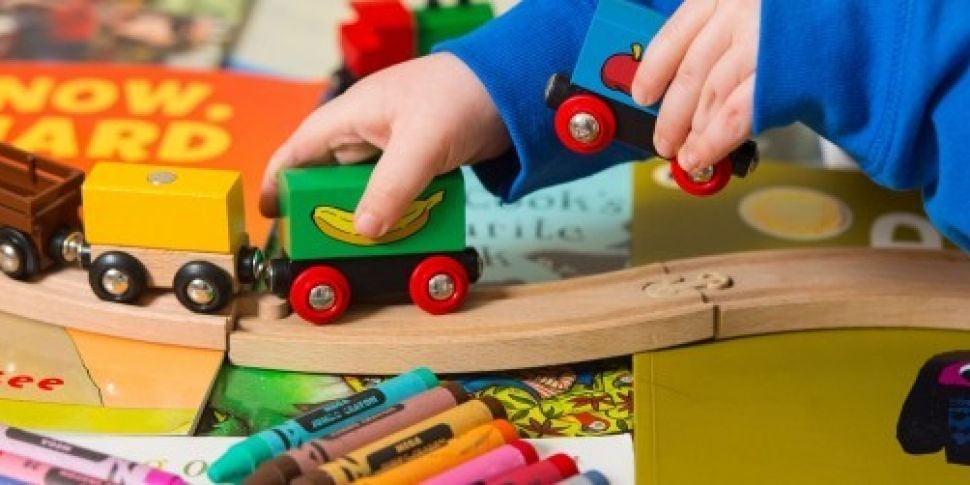Reform of primary school education in Ireland could see traditional subjects not being taught to children until they are 10 years of age.
Proposals drafted by the National Council for Curriculum and Assessment (NCCA) are looking towards 'play-led' learning as an alternative to the current approach.
An NCCA research paper has pointed towards "the need to raise general awareness regarding the importance of play to children, its potential in supporting young children’s well-being, learning and development and to the improvement of the provision of space and time to play indoors and outdoors".
Two potential models are currently being examined.
One would see primary schools split into three categories, with only the oldest group - 10-12 year olds - taught through 'traditional' subject-based learning.
A second model would only have two phases: for children aged 3-9, and for older children aged 10-12.
According to The Irish Times, the proposals are 'loosely' based on features seen in top-performing education systems.
In Finland, for example, students do not engage with traditional school learning until age seven.
However, the changes being proposed for Ireland would not go as far as the approach seen in a 'Steiner school'.
That model - devised by Rudolf Steiner in the early 20th century - places a heavy focus on play & creativity in the early years of a child's education.
Dr Mary Moloney - chairperson the Pedagogy, Learning & Education Association (PLÉ) - spoke to Pat Kenny about the more general proposals now being considered for primary schools.
She argued that it's a challenging prospect - but also very innovative and exciting.
"The devil will be in the detail"
Mary explained: "You take four children playing with sand, for example. To an untrained eye, that just looks like children playing with sand.
"But children learn mathematical concepts. They're learning about weights & measures, they're learning about lifting & moving, they're learning about texture, there's lots of language going on. There's physical, social, emotional development.
"Through that one activity, we have lots of integrated learning going on. I think that's the challenge with a play-based and play-led curriculum - that we're moving from what we call the traditional subjects to looking at integrated and very differentiated learning."
What is the teacher's role in such an environment?
"The teacher is there observing, guiding, facilitating, and giving the children the tools," Mary observed. "A lot of this will challenge teachers in terms of their planning and setting up the right environment for that learning to take place."
She acknowledged there would be challenges with training teachers, telling Pat: "I do know from listening to the NCCA and indeed Richard Bruton [...] they're very aware of the challenges, and they are asking for opinions on what teacher training might look like going forward."
Mary also discussed how children would transition from the 'play' heavy early years to a more structured system later on.
She suggested: "The idea is there is a continuum of learning, rather than what we have at the moment - a very clear break from pre-school, and a huge trauma for children going into primary school.
"Now the plan is - if this is managed properly - it will be a continuum from children, from age three right through to the end of primary school. And we won't have that big issue around transition that we have at the moment."
She stressed: "This is a framework for consideration, and all of the detail has yet to be worked out."









